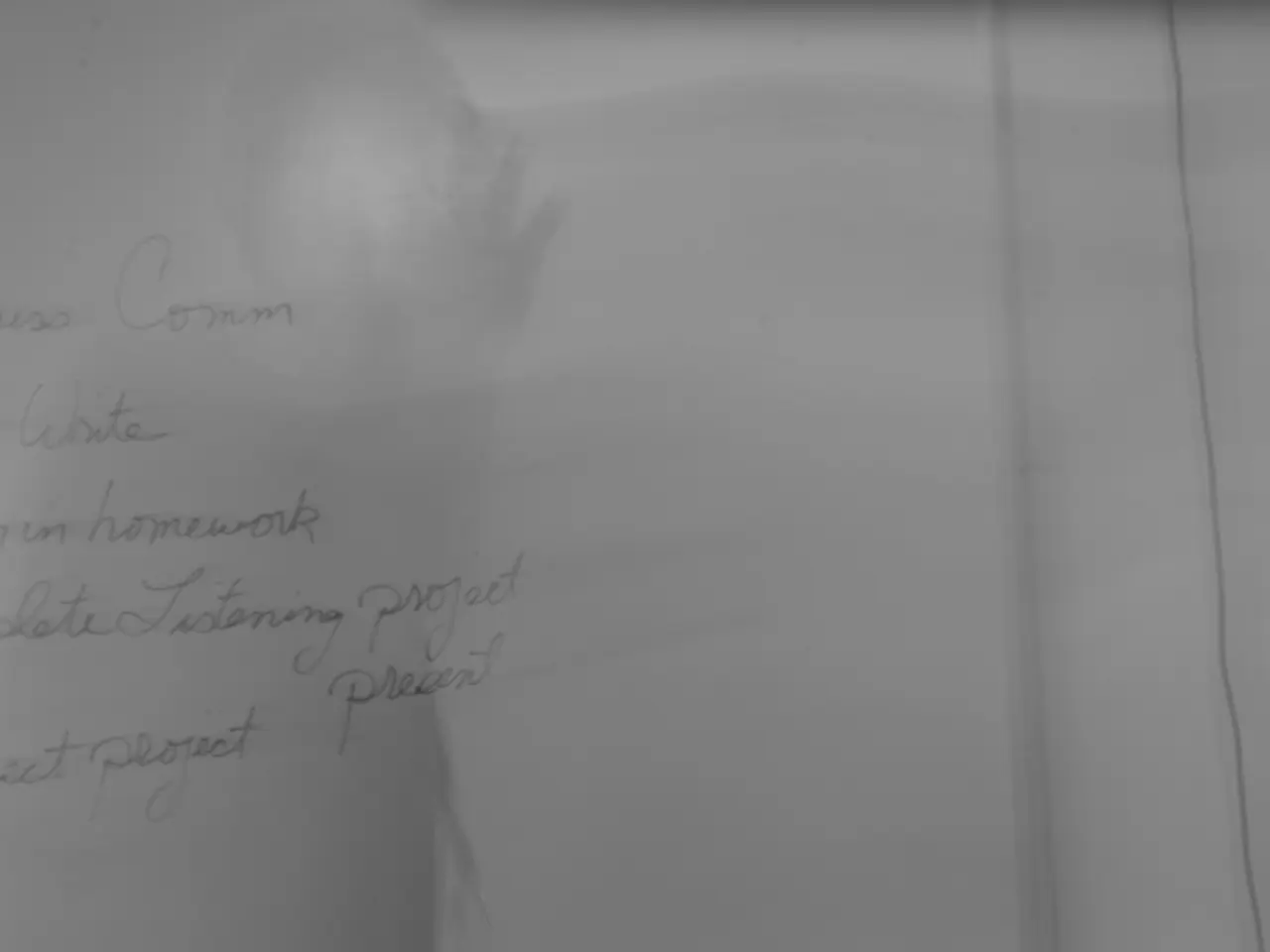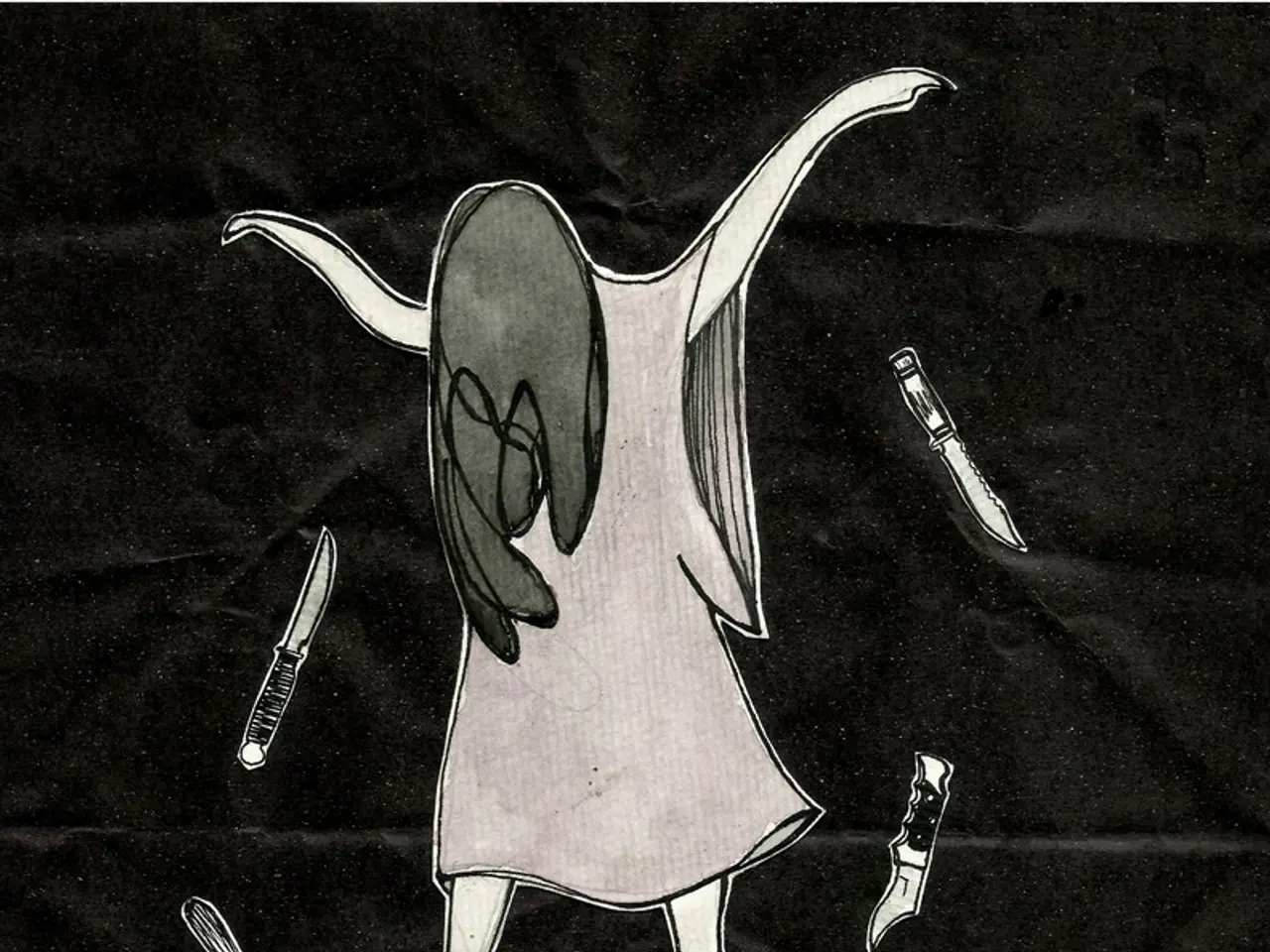Increased Tariffs Imposed by Trump on Trade Partners Including India, Canada, Brazil, Due to Delays in Trade Agreements
The U.S.-India trade relationship is currently strained, with negotiations at a standstill following President Trump's imposition of a 25% tariff on Indian goods. The tariffs, imposed due to India's ongoing purchases of Russian oil, have been met with resistance from Indian policymakers, who view them as coercive and a breach of diplomatic ties.
India, however, is not backing down entirely. The country is cautiously continuing its own trade diplomacy and considering potential concessions to revive talks scheduled for later in August 2025. Some Indian oil refiners have reportedly reduced Russian oil purchases to mitigate conflict, but the internal divide between accommodating U.S. pressures and maintaining sovereign trade choices remains.
Trust in the U.S. partnership has been shaken by the tariffs and contrasting preferential treatment given to Pakistan, as well as American skepticism toward India's involvement in the BRICS group. In response, India is advancing trade agreements with other countries, aiming to diversify trade dependencies and reduce reliance on China.
The U.S. government justifies its additional tariffs by citing trade imbalances and national security concerns under Executive Order 14257. The order indicates a firm stance unless India makes substantial trade and security commitments aligned with U.S. interests.
Elsewhere, President Trump's sweeping tariff rates are coming into effect this week. The tariffs include a 25% levy on Canadian steel, automobiles, and other products not covered under the U.S.-Mexico-Canada Agreement. Canada retaliated with its own tariffs worth $43 billion against U.S. goods.
Key U.S. partners, including Japan, the United Kingdom, the European Union, and South Korea, have agreed to major trade deals with President Trump. Nations that have not secured a trade deal or outlined terms face import duties ranging from 10% to 40%.
In a move seen as partly retaliatory, the U.S. has imposed some of the harshest tariffs on Brazil, with Brazil now facing a 50% tariff on imports. The tariffs are widely viewed as a response to the ongoing prosecution of former President Jair Bolsonaro.
The Trump administration has entered temporary truces with Mexico and China to continue negotiating, but the current status of trade negotiations with India remains uncertain. White House press secretary Karoline Leavitt previously stated that Canada has been "difficult" to deal with during ongoing trade talks.
Sources: 1. BBC News 2. The Hindu 3. The Economic Times 4. The White House
- The strained U.S.-India trade relationship is due to President Trump's imposition of a 25% tariff on Indian goods, a move met with resistance from Indian policymakers.
- The tariffs were imposed due to India's ongoing purchases of Russian oil, a move viewed as coercive and a breach of diplomatic ties by Indian policymakers.
- The U.S. government justifies its additional tariffs by citing trade imbalances and national security concerns under Executive Order 14257, and is demanding substantial trade and security commitments from India.
- Elsewhere, President Trump's sweeping tariff rates are coming into effect this week, including a 25% levy on Canadian steel, automobiles, and other products not covered under the USMCA.
- In sports news, key U.S. partners like Japan, the United Kingdom, the European Union, and South Korea have agreed to major trade deals with President Trump, while those yet to outline terms face import duties.
- In a move seen as partly retaliatory, the U.S. has imposed some of the harshest tariffs on Brazil, with Brazil now facing a 50% tariff on imports, a response to the ongoing prosecution of former President Jair Bolsonaro.
- The Trump administration has entered temporary truces with Mexico and China to continue negotiating, but the current status of trade negotiations with India remains uncertain, with White House press secretary Karoline Leavitt previously stating that Canada has been "difficult" to deal with during ongoing trade talks.
(Sources: BBC News, The Hindu, The Economic Times, The White House)







